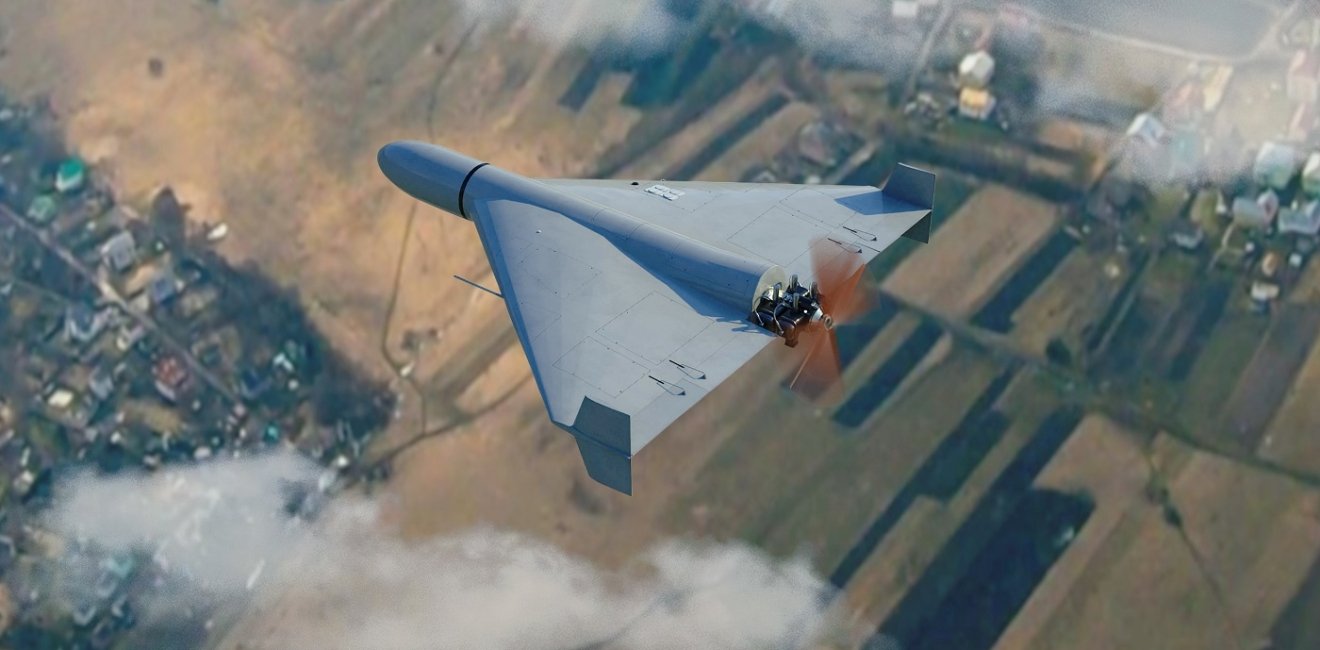
A blog of the Kennan Institute
On July 13, Belarusian president Aleksandr Lukashenko said he was ordering the withdrawal of troops from the border with Ukraine after several weeks of growing tension. In late June, Minsk had reinforced security on the border after a series of alleged security incidents, accusing Ukraine of setting up explosives and military equipment near the border in preparation for assaults and terrorist attacks.
The sudden troop withdrawal was unexpected and could be attributed to shifting geopolitical factors and Minsk’s attempt to improve its geopolitical maneuverability. However, on August 10, almost one month after de-escalation, Belarus redeployed additional forces to the Ukrainian border, citing an alleged violation of Belarusian airspace amid Ukraine’s operation in Kursk region. These recent developments underscore Minsk’s struggle to balance between its relationship with Moscow and its own interests.
Poland Pressures Minsk through Beijing
Changes in Belarus’s actions earlier were noticeable after Polish president Andrzej Duda visited China and met with Chinese leader Xi Jinping on June 23, when he let it be known that Warsaw was considering closing the Polish-Belarusian border in response to a Polish border guard's murder by a migrant. A migrant crisis has been ongoing since 2021, and some in Warsaw believe that Russia and Belarus are behind the difficulties experienced by border guards.
Belarus realized that sealing its western border could lead to a halt in the transit of Chinese goods through its territory, which would reduce Beijing's interest in a partnership with Minsk. In response to Poland’s threat to close the border, Lukashenko made significant government changes, including appointing Dmytry Krutoy, a former ambassador to Russia, to head the presidential administration.
Krutoy was tasked with overseeing relations with Russia and China and ensuring effective advice for the new Belarusian ambassador to China. Known as a technocrat, a functionary who before the political crisis in 2020 was called on to carry out controlled reforms in the country, Krutoy is believed to be someone China, the only player that can counterbalance Moscow’s disproportionate influence on Belarus, finds favorable.
Additionally, Maksim Ryzhenkov replaced Sergey Aleinik as foreign minister. This shuffle was aimed at revitalizing Belarusian diplomacy, particularly with the West, and ensuring the continued stable transit of Chinese goods. Ryzhenkov, known for his assertive approach, is expected to craft more positive outcomes from Belarus's Western engagements.
Release of Political Prisoners
Ahead of Belarus's Independence Day, Lukashenko made another surprising move announcing an amnesty for several Belarusian political prisoners, particularly those with health issues. So far eighteen prisoners have been released. However, this action should be viewed not as an act of goodwill or compassion but rather as a calculated decision.
There were two primary reasons behind the decision. First, Lukashenko aimed to prevent the deaths of political prisoners, which would severely diminish prospects for dialogue with Western countries. Second, such a step allowed him to demonstrate readiness for political bargaining with the West. This has already borne fruit in negotiations with Warsaw over the fate of Andrzej Poczobut, an activist for the Polish minority in Belarus sentenced to eight years of prison.
Russia’s Cold Reaction
After Lukashenko released the prisoners, Belarus experienced significant engagement from China, including visits from two military delegations to discuss enhanced cooperation and military training. This culminated in the first joint Chinese-Belarusian military exercises on Belarusian soil since the establishment of diplomatic relations, showcasing China's interest in deepening ties with Minsk.
China's increased involvement extended beyond the military domain into diplomacy. On July 4, Belarus officially joined the China-led Shanghai Cooperation Organization, while Foreign Minister Ryzhenkov visited Beijing and held talks with his counterpart, Wang Yi. As an incentive for Minsk’s correct actions, the Chinese minister expressed Beijing's support for Belarus's bid to attain BRICS partner status, signaling that Belarus can expect full membership in the future.
Belarus’s actions did not pass unnoticed in Russia. While Minsk was preoccupied with creating artificial tensions on the border with Ukraine and conducting drills with China, Russia reportedly deployed Shahed 136/131 kamikaze drones and cruise missiles into Ukraine through Belarusian airspace on several occasions. Concerned about the situation getting out of control, Lukashenko ordered the withdrawal of troops from the Ukrainian border to avoid triggering a military response from Kyiv.
In another development, Russian kamikaze drones twice entered Belarusian airspace from Ukrainian territory under Russian control and flew hundreds of kilometers, reaching big metropolitan areas, including the capital city of Minsk. These strategically pointless moves suggested Russia might have been trying to demonstrate to China that Belarus lacks autonomy in its own security matters and that the Kremlin can do whatever it wants.
Between Two Fires
Belarusian officials were silent about Russia’s actions in Belarusian airspace and evinced no public concern. However, an alleged incursion of Ukrainian drones sparked a reaction. Minsk not only reinforced security at the border with Ukraine but also embarked on a diplomatic démarche. A note of protest was handed to the Ukrainian chargé d’affaires, and Minsk threatened to review the need for a Ukrainian diplomatic mission in Belarus.
Belarus’s about-face most likely was prompted by Ukraine’s offensive incursions into Russian territory. The point is that after the beginning of Ukraine’s operation in the Kursk region, Russian media accused Lukashneko of deliberately withdrawing troops from the border with Ukraine in July, thus enabling the UAF to open a new front.
Moreover, Belarus is Russia’s official Collective Security Treaty Organization (CSTO) and Union State ally, which means that if the situation becomes urgent, the Kremlin may ask Lukashenko for help. To bring down the wave of accusations and imitate compliance with its ally obligations, Minsk embarked on demonstrative actions.
Threats Should Not Be Underestimated
The most likely scenario is that Belarus’s actions will be limited to issuing toothless threats. Lukashenko is not interested in becoming directly involved in the Russo-Ukrainian war. Such a development would be disastrous for the internal stability of his regime and for any further attempts to counterbalance Moscow’s influence, while Ukraine’s operation in Kursk region is the best example of what can happen if Belarusian authorities decide to drag their state into direct military confrontation with Kyiv.
The predictability of Minsk’s actions is precarious, though, because of Russia's disproportionate influence over Belarus's security affairs, despite Minsk’s attempts to offset it. Thus the lesson to be gleaned from the latest Russian drone flights over Belarus is this: Minsk might not be able to exercise full control over its security decisions, and Belarus could become a tool in Russian hands if Moscow deems it necessary.
The opinions expressed in this article are those solely of the author and do not reflect the views of the Kennan Institute
Author


Kennan Institute
The Kennan Institute is the premier US center for advanced research on Eurasia and the oldest and largest regional program at the Woodrow Wilson International Center for Scholars. The Kennan Institute is committed to improving American understanding of Russia, Ukraine, Central Asia, the South Caucasus, and the surrounding region through research and exchange. Read more

Explore More in Focus Ukraine
Browse Focus Ukraine
Talking to the Dead to Heal the Living

Ukrainian Issue in Polish Elections


